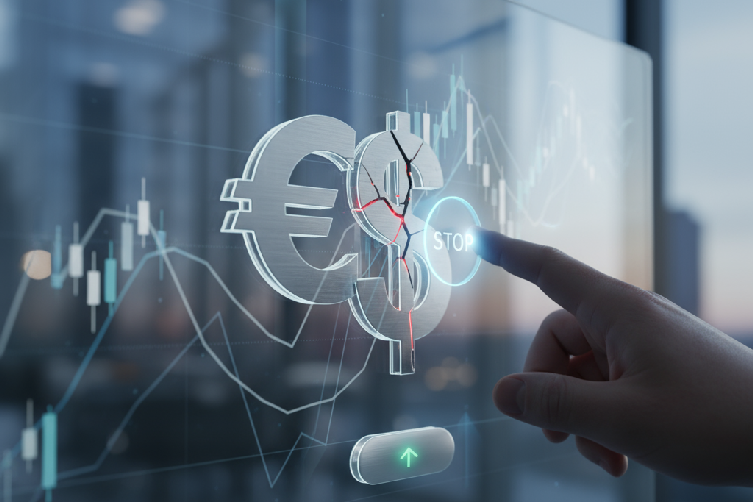What Is Revenge Trading & How to Stop Losing Control

Have you ever felt that sharp sting after a trade goes wrong? It’s often followed by an urgent, almost desperate need to jump straight back into the market and claw back your losses. That intense emotional reaction is the essence of revenge trading.
Revenge trading is when feelings like anger or frustration take over your trading decisions, causing you to act impulsively instead of logically. This behavior almost always leads to more losses and is a common pitfall for traders using any broker for forex trading. This guide will help you understand this harmful pattern and give you clear, practical advice on how to stop it.
Recognizing the Signs: Are You Revenge Trading?
Noticing the signs of revenge trading in yourself is the crucial first step. It might feel like strong determination, but it’s usually just negative emotions driving your actions. Honest self-assessment is vital. Do these behaviors seem familiar, especially right after a losing trade?
- The Immediate Need to ‘Get Even’: This is the classic signal. You close a trade at a loss and, instead of pausing, feel a powerful urge to place another trade immediately. Your goal isn’t based on strategy; it’s purely about wiping out the previous loss. Anger, frustration, or panic often fuels this reaction.
- Suddenly Betting Big: To recover losses quickly, traders often significantly increase their position size. The flawed logic is, “A bigger bet means I can win it all back with just one small win.” This abandons proper risk management and can cause a single oversized loss to do far more damage than the original one.
- Fixating on a Losing Asset: You might become obsessed with the specific asset that caused your loss, trying to force a win from it even if a valid setup is long gone. Alternatively, you might swing to the other extreme and jump into much riskier assets you wouldn’t normally touch, hoping for a quick jackpot.
- Feeling Glued to Your Screen: Do you find it impossible to step away after a loss? Are you constantly watching every price tick, searching for any excuse to re-enter? This inability to take a break suggests high emotions are clouding your judgment. A key part of learning how to stop revenge trading is knowing when to walk away.
- Trading on Impulse, Not Insight: Revenge trading involves quick, impulsive decisions. You might see a small price move and jump in without checking support/resistance, indicators, or the market trend. If your primary reason for a trade is, “I need to get that money back,” you’re likely in the grip of revenge trading.
Tossing Your Trading Plan Aside: Your trading plan is your rulebook for entries, exits, risk, and setups. When revenge trading takes hold, this guide gets ignored. You might take trades that don’t meet your criteria or skip your usual analysis, convinced the market must* go your way.

Why Does This Happen? The Underlying Causes
So, why do traders fall into this destructive pattern? Understanding the root causes of revenge trading makes it easier to combat. It’s usually about more than just the money; deeper psychological factors are often at play.
Common triggers include a large, unexpected loss, a frustrating series of smaller losses, or even the sudden end of a profitable streak. Ego can also be a major factor; feeling ‘beaten’ by the market can make a trader desperate to prove it wrong. Psychologically, loss aversion—the principle that the pain of a loss feels stronger than the pleasure of an equal gain—fuels the desperation to undo the damage. Anger, fear, and frustration cloud clear thinking and lead to poor decisions.
The Steep Price of Revenge Trading
Giving in to revenge trading has consequences that go far beyond a single bad trade. It creates a negative feedback loop that can seriously harm your trading capital, your mental well-being, and your future as a trader.
The most direct result is watching your capital vanish. Making decisions based on emotion, often with oversized positions and no risk management, can lead to large losses very quickly. A single trading session dominated by revenge trading can easily wipe out weeks or even months of careful, profitable work.
Ultimately, losses begin to snowball. One bad emotional trade leads to another in a desperate attempt to fix the last mistake. This downward spiral not only drains your account but also shatters your confidence. To succeed in the long run, you must learn to accept losses as a part of trading and stick to your strategy, no matter the emotional temptation.